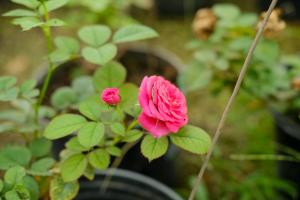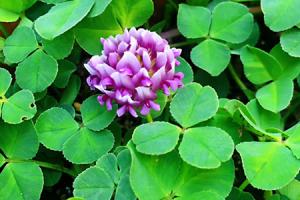Are Bonsai Plants Good Feng Shui?
Bonsai plants have been a traditional art form in Asia for centuries. These miniature trees are known for their beauty, simplicity, and serene look. They're also becoming increasingly popular in modern décor worldwide. Although many people love the way bonsai plants add greenery and charm to their homes or offices, some wonder about their energy effects, especially in terms of feng shui. So, are bonsai plants good feng shui? Here's what you need to know.
What Is Feng Shui?
Feng shui is an ancient Chinese practice that focuses on harmonizing people, space, and energy (or chi). It's based on the idea that the way you arrange objects in your living or working environment can affect your well-being, health, wealth, and relationships. Feng shui practitioners believe that the flow of energy in a space must be balanced and unobstructed to promote positive energy and help you achieve your goals. Colors, textures, shapes, and elements are all taken into consideration in feng shui.
The Role of Plants in Feng Shui
Plants play a significant role in feng shui. They're known for their air purification qualities, and many of them are believed to attract positive energy, luck, and prosperity. According to feng shui principles, plants should be placed in certain areas of your home or office to maximize their benefits.
Bonsai Plants in Feng Shui
Bonsai plants can be beneficial in feng shui, but not all of them align with feng shui principles. Here are some things to consider:
1. Size and Placement
Bonsai plants are miniature trees that can symbolize various elements, such as earth, wood, or water. However, their size can be problematic in feng shui. Small plants like bonsai can contribute to stagnant energy if they're placed in the wrong spot or if there are too many of them in a small room. It's essential to choose the right bonsai size and place it in an area that allows for proper air circulation and natural light. Also, avoid placing them in corners, as that can block the flow of energy.
2. Health and Vitality
In feng shui, plants that are healthy and vibrant are thought to attract positive energy. However, bonsai plants can be challenging to care for, especially for beginners. They require specific soil, watering, and pruning techniques, and they may not thrive in certain conditions. Neglected or diseased bonsai plants can emit negative energy and harm your feng shui. If you decide to keep a bonsai plant, make sure you're ready to invest time and effort in its maintenance.
3. Symbolic Meaning
Bonsai plants are not mere decorations; they can carry symbolic meanings in feng shui. For example, a bonsai tree with a twisted trunk can represent resiliency and flexibility, while a bonsai tree with a straight and sturdy trunk can represent stability and growth. It's essential to choose a bonsai plant that aligns with your goals and aspirations and place it in the right area of your home or office.
Conclusion
So, are bonsai plants good feng shui? It depends on various factors, such as the size, placement, health, and symbolic meaning of the plant. Bonsai plants can promote positive energy and bring natural beauty to your space if they're chosen and cared for thoughtfully. Before getting a bonsai plant, do your research, and consult with a feng shui expert if necessary.

 how many times do yo...
how many times do yo... how many planted tre...
how many planted tre... how many pine trees ...
how many pine trees ... how many pecan trees...
how many pecan trees... how many plants comp...
how many plants comp... how many plants can ...
how many plants can ... how many plants and ...
how many plants and ... how many pepper plan...
how many pepper plan...































